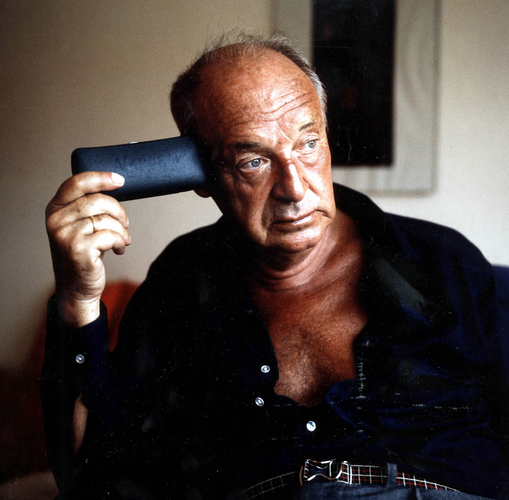What do you think?
Rate this book


181 pages, Paperback
First published January 1, 1941









"Don't be too certain of learning the past from the lips of the present. Beware of the most honest broker. Remember that what you are told is really threefold: shaped by the teller, reshaped by the listener, concealed from both by the dead man of the tale.
"Who is speaking of Sebastian Knight?...And where is the third party? Rotting peacefully in the cemetery of St Damier. Laughing alive in five volumes [of his own writing]."
"I think writing a book about people you know is much more honest than making a hash of them and then presenting it as your own invention."
"I am telling you what I know, and not what you'd like to know."
"I'll be disappointed in your book if it all ends in bed."

"Mr Goodman's method is as simple as his philosophy. His sole object is to show 'poor Knight' as the product and victim of what he calls 'our time' -- 'Post-war unrest', 'Post-war Generation' are to Mr Goodman magic words opening every door. There is, however, a certain kind of 'open sesame', which seems less a charm than a skeleton-key...
"But he is quite wrong in thinking that he found something once the lock had been forced. Not that I wish to suggest that Mr Goodman thinks. He could not if he tried. His book concerns itself only with such ideas as have been shown (commercially) to attract mediocre minds...
"His slapdash and very misleading book...paints in a few ill-chosen sentences a ridiculously wrong picture of Sebastian Knight's childhood..."
"No wonder this solemn biographer is out of tune with his hero at every point in the story."
"[Though]...Mr. Goodman's book 'The Tragedy of Sebastian Knight' has enjoyed a very good Press...[he] knew all along that his book was rubbish."
"For I do not exist: there exist but the thousands of mirrors that reflect me. With every acquaintance I make, the population of phantoms resembling me increases. Somewhere they live, somewhere they multiply. I alone do not exist."
"Life with you was lovely - and when I say lovely, I mean doves and lilies, and velvet, and that soft pink 'v' in the middle and the way your tongue curved up to the long, lingering 'l'.
"Our life together was alliterative, and when I think of all the little things which will die, now that we cannot share them, I feel as if we were dead too. And perhaps we are.
"You see, the greater our happiness was, the hazier its edges grew, as if its outlines were melting, and now it has dissolved altogether. I have not stopped loving you; but something is dead in me, and I cannot see you in the mist...
"This is all poetry. I am lying to you. Lily-livered. There can be nothing more cowardly than a poet beating about the bush. I think you have guessed how things stand: the damned formula of 'another woman'. I am desperately unhappy with her - here is one thing which is true."
"There is only one real number: One. And love, apparently, is the best exponent of this singularity."
the pure luxury of a cloudless sky designed not to warm the flesh, but solely to please the eye; the sheen of sledge-cuts on the hard-beaten snow of spacious streets with a tawny tinge about the middle tracks due to a rich mixture of horse-dung; the birghtly coloured bunch of toy-balloons hawked by an aproned pedlar; the soft curve of a cupola, its gold dimmed by the bloom of powdery frost; the birch trees in the public gardens, every tiniest twig outlined in white; the rasp and tinkle of winter traffic…
Thus — I am Sebastian Knight. I feel as if I were impersonating him on a lighted stage, with the people he knew coming and going — the dim figures of the few friends he had, the scholar, the poet, the painter, — smoothly and noiselessly paying their graceful tribute […]. And then the masquerade draws to a close. The bald little prompter shuts his book, as the light fades gently. The end, the end. They all go back to their everyday life (and Clare goes back to her grave) — but the hero remains, for, try as I may, I cannot get out of my part: Sebastian’s mask clings to my face, the likeness will not be washed off. I am Sebastian, or Sebastian is I, or perhaps we both are someone whom neither of us knows.I happen to know that Nabokov used an unreliable narrator in Lolita, so my first thought when I read the above was to wonder about the reliablity of the narrator. Is this book an account of Nabokov struggling with two sides of himself?